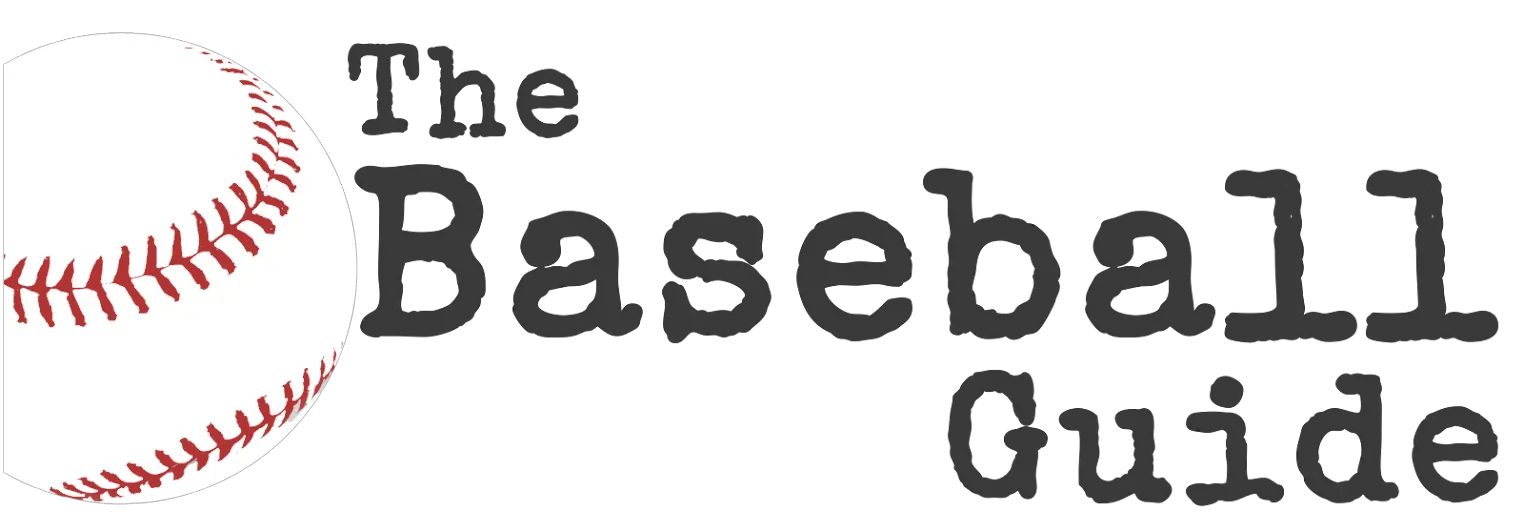Ready to take a deep dive into the quirky rules of baseball? You bet, I thought so! Now, let’s tackle an interesting question that you’ve probably asked yourself during a nail-biting extra innings game: “Can a baseball game end in a tie?”
Intriguing as it sounds, the answer is more complex than a simple yes or no. You see, baseball, with its eccentricities, has its own set of rules and regulations that can occasionally lead to surprising outcomes.
So, let’s talk in detail.
Can you tie in Baseball?
Yes, believe it or not, you can have a tie in baseball, though it’s a rare occurrence. Ties most often occur due to weather conditions making it impossible for the game to continue, as illustrated by several historical instances.
One such instance happened in 2016 between the Chicago Cubs and Pittsburgh Pirates, where the game was interrupted by rain in the 6th inning with the score at 1-1. It was the first recorded tie after a rule change in 2007. Before this, the last tie happened in 2005 between the Houston Astros and Cincinnati Reds.
In the American League, the most recent tie was in 2003 between the New York Yankees and the Baltimore Orioles, which ended 1-1 after 5 innings due to weather conditions. A tie can surely add a twist to the game, making it all the more unpredictable and exciting!
What happens if a regular-season baseball game is tied after nine innings?
In regular-season baseball, if a game is tied after nine innings, the game extends into extra innings. This means both teams get a chance to score in additional innings until one team leads at the end of a complete inning.
Interestingly, this is where baseball differs from many other sports — there’s no clock to run out. The game continues until there’s a winner, which sometimes results in thrilling, marathon games that go for much longer than the standard nine innings!
Now, speaking of marathon games that stretch beyond the typical nine innings, let’s talk about the longest game in Major League history. It was a match between the Robins (who later became the Dodgers) and the Braves. This game didn’t just go into overtime, it went way into overtime, stretching on for an astonishing 26 innings! And here’s the kicker – the game wasn’t even officially finished. With the score tied at 1-1, the game was called off due to darkness. Imagine the tension between the players and the crowd! The whole spectacle took a mere three hours and fifty minutes. So, the next time you think a baseball game is dragging on, just remember this historic match.
How do tiebreakers work in MLB?
Tiebreakers in Major League Baseball, have a set of rules to determine which team advances to the playoffs in case of a tie at the end of the regular season.
The simplest rule is the head-to-head record. If two teams play each other multiple times throughout the season and one team won more games, that team advances.
If the head-to-head record doesn’t solve the tie, then the divisional record comes into play. This is how each team performed against other teams in their division.
If the tie persists, the performance in the last half plus one game of the season is considered. It’s all about performance when it’s crunch time in MLB!
Are there any famous or historic tied games in Baseball history?
There are a few tied games in baseball history that are remembered for special reasons.
Perhaps one of the most famous is the 2002 All-Star Game, which was declared a tie after 11 innings because both teams had run out of pitchers. Baseball fans were quite upset, leading to major changes in how future All-Star Games were handled.
Well, speaking of tied games, the mother of all draws has got to be the inning marathon between the Robins and the Braves. Picture this, a whopping 26 innings of back-and-forth, pitch after pitch, play after play, with neither team willing to back down. And the most unbelievable part? The game didn’t even have a definitive conclusion. As the dusk settled in, the umpires had to call it off, with the scoreboard reading a nail-biting 1-1.

